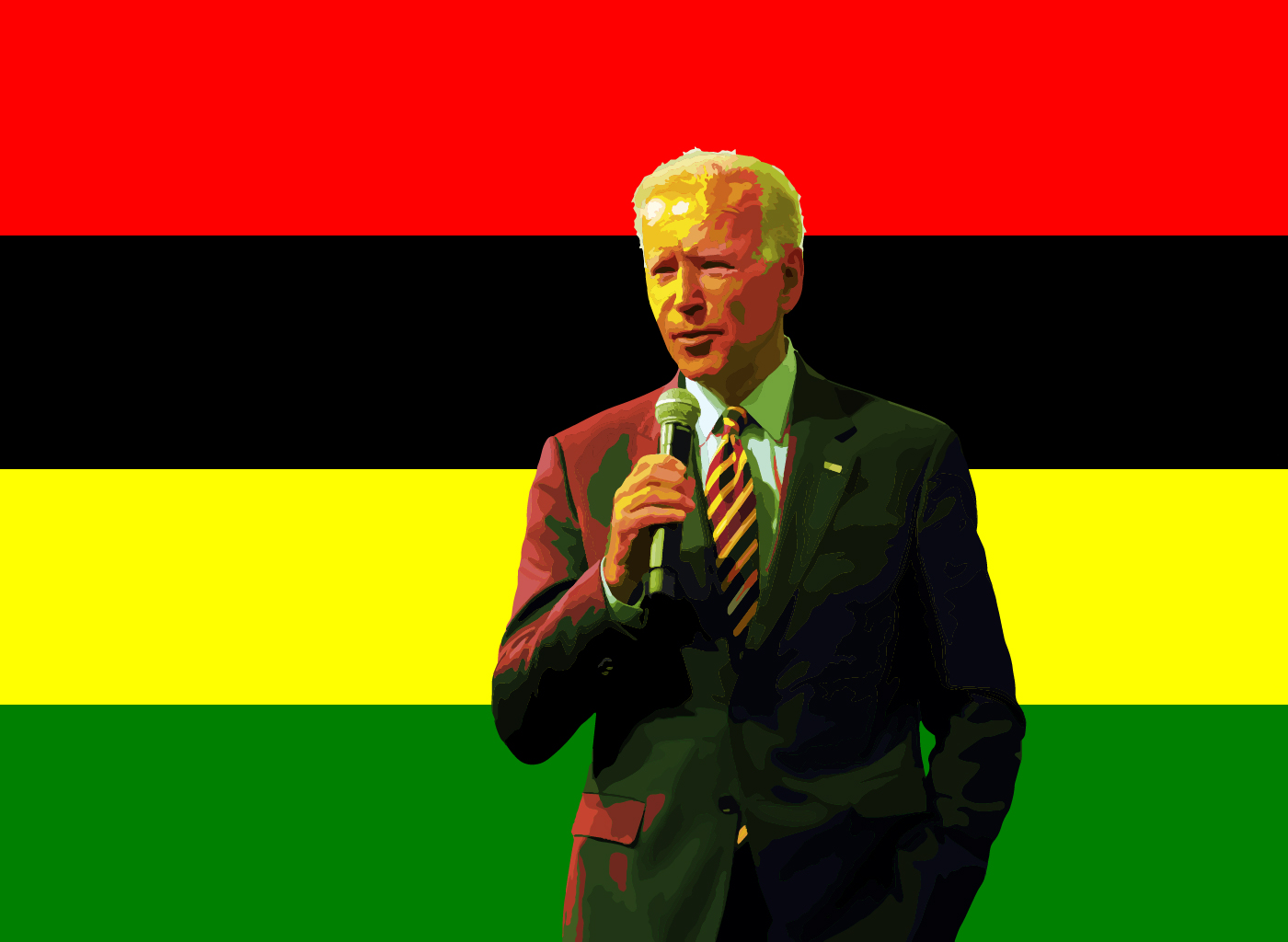By: David O. Monda
The lesser angels of human nature seemed to have dominated the matrix of American politics for the past four years. However, the morning of November 7th, 2020, was historic for three reasons. Firstly, Americans had just come out in the largest numbers in living memory to vote for their 46th president. Secondly, they had elected the first woman to the position of Vice President of the United States. Finally, they had elected Joe Biden, at age 77 the oldest president-elect, and only the second Catholic president elected to the presidency since John Fitzgerald Kennedy (JFK). As a result of these unique factors, the global community waits with great interest for the consequences of the election. Africa is not left out of the suspense. What, then, does Joe Biden’s win mean for Africa?
Biden’s win means that multilateralism is the new game in town. Trump focused on unilateralism – “America First”. While Biden and Trump both look to advance American interests in dealing with the Africa, the firmer will opt for different methods of pursuing those vital interests than the latter did.
The Trump Administration has preferred unilateral pursuit of American national interests through bilateral trade negotiations with individual countries on the continent. Ironically, individual countries on the continent gained great traction with the Trump administration. The US is looking to expand its economic footprint in Africa to check the advances of the Chinese and Russians there. Morocco, for instance, already has a Free Trade Agreement (FTA) with the United States and looks to deepen this even further. Kenya, on the other hand, benefits from the ongoing bilateral FTA negotiations with the United States. In addition to this, during the Trump administration, Kenya launched the first direct flights between Nairobi and New York. The USA is the number one source market for tourists to Kenya. The irony in Trump’s departure is that policy makers are not sure how the new administration will approach these negotiations. Critics of this bilateral diplomacy of the US with individual African nations have pointed out how it undermines continental trade agreements like the Africa Continental Free Trade Area (AfCFTA).
Secondly, Biden’s win will mean a focus on democratic governance in Africa. This is something to keep in mind because Africa witnessed several disputed elections in 2020, in Guinea, Ivory Coast, and Tanzania. It is due for more elections in 2021 (in Uganda) and 2022 (in Kenya). Washington will be looking to use quiet diplomacy to coerce the bickering political rivals in Guinea, Ivory Coast, and Tanzania to expand the democratic space for the opposition and allow for more transparency for future elections.
Lastly, the Biden Administration will make human rights one of the core pillars of its foreign policy in Africa. President-elect Joe Biden has close to half a century of experience on the Senate Foreign Relations Committee. Biden will look to hold human rights abusing governments on the continent to account for their actions. How might this emphasis on human rights affect Africa specifically? The Biden Administration can opt to use the International Criminal Court (ICC) at the Hague as a means to try politicians suspected of being behind electoral violence, repression, and crimes against humanity. The sitting Kenyan President Uhuru Kenyatta and his Deputy, William Ruto, have already faced crimes against humanity charges at the ICC. Other African leaders that have faced the wrath of the court include former Liberian premier, Charles Taylor, and Felicien Kabuga, a high ranking official of the former Rwandese government. Former President of Sudan, Omar Al Bashir, could also face charges at the ICC. Al Bashir is of particular interest to the US for his support for terror groups that have attacked American interests in the region.
Large states have power, but also, smaller states have agency. When their interests are in concert, things happen. There will be winners and losers selected as foreign policy makers assess strategic interests. The morning of November 7th, 2020 has shown the world that America’s long light nightmare is finally over, and better angels of our nature have prevailed. Biden’s foreign policy towards Africa will continue to evolve over the next four years.
David O. Monda is professor of Political Science, International Relations, and American Government at the City University of New York (York College). dmonda1@york.cuny.edu @dmonda1
Image: PAM illustration based on a photo of Joe Biden by Gage Skidmore (CC BY-SA 2.0)










Leave A Comment